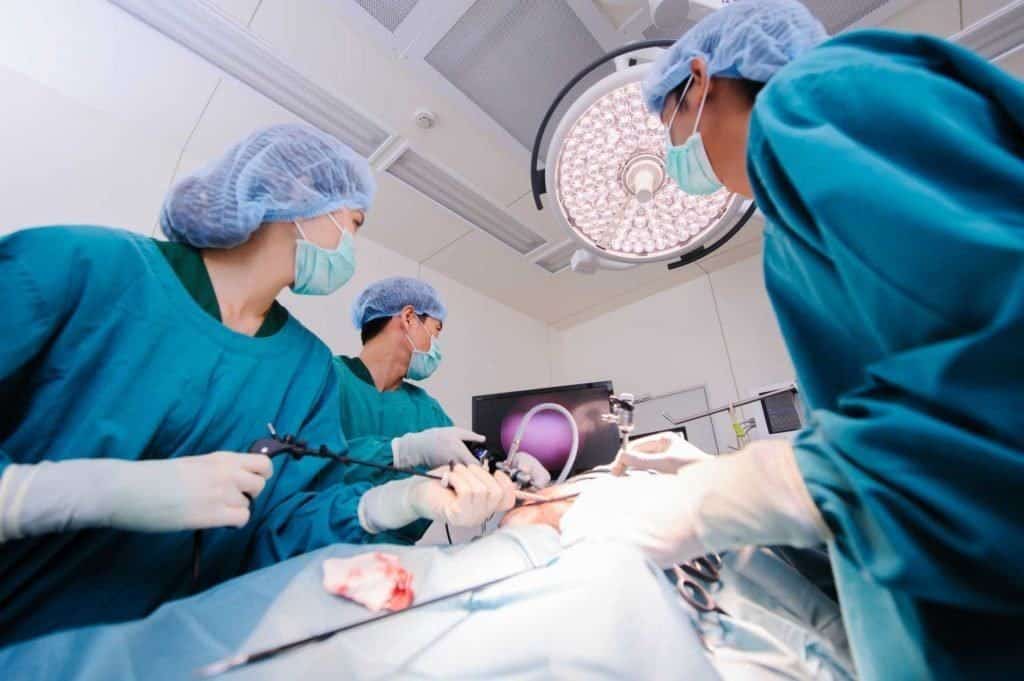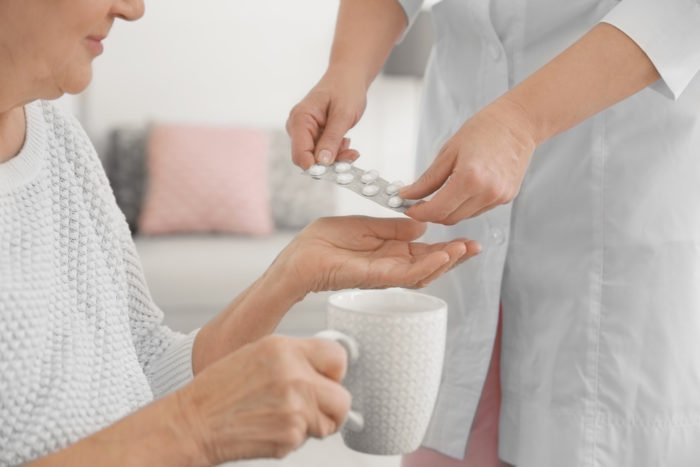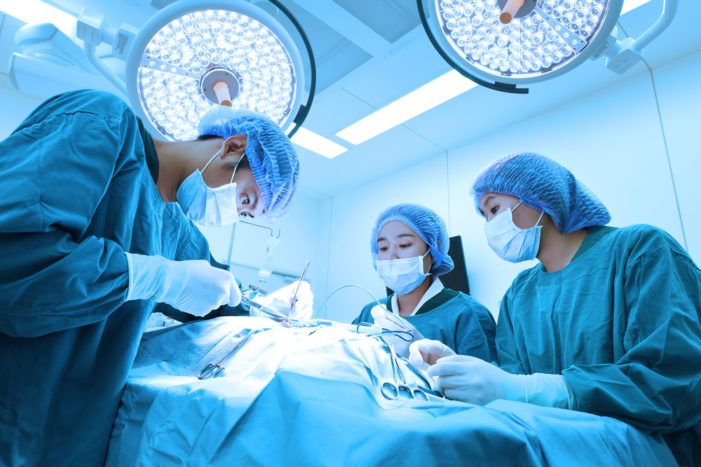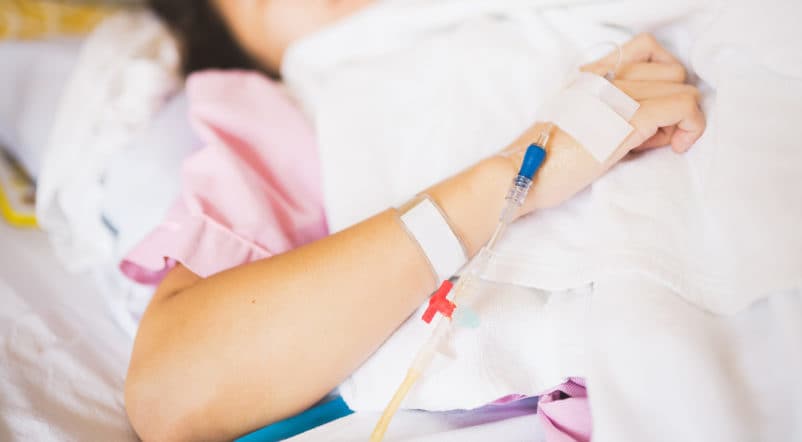Contents:
- Medical Video: High Blood Pressure | Hypertension | Nucleus Health
- Various surgical preparations for people who have hypertension
- 1. Before surgery
- 2. During surgery
- 3. After surgery
Medical Video: High Blood Pressure | Hypertension | Nucleus Health
Hypertension, uncontrolled high blood pressure can indeed cause various complications. However, this does not mean that people with hypertension cannot undergo surgery. If you are one of those who has hypertension and wants to do surgery in the near future, consider the various surgery preparations that you should know below.
Various surgical preparations for people who have hypertension
In order for your surgery to run optimally, the following are various surgical preparations that must be known if you have hypertension:
1. Before surgery
Some medications may not be taken several days before surgery. But on the contrary, there are several hypertension drugs and some steroids, which must be used during the day of surgery.
This is because it can be dangerous if you suddenly stop using the drug. These two types of blood pressure drugs are usually included in the category of beta-blockers and alpha-blockers.
If you suddenly stop one of these drugs, you can experience an increase in both blood pressure and heart rate. Therefore, it is very important to ask your doctor to provide specific explanations about drugs that you may and may not consume before surgery.
If you are told to use certain drugs during the day of surgery, don't worry. Today's pills are designed to dissolve very quickly and will come out of the stomach immediately after being swallowed. Be sure to take medicine with water.
2. During surgery
During surgery, the anesthesiologist will be responsible for monitoring your vital signs. Besides helping you to "fall asleep" during surgery, the anesthesiologist will also monitor your heart rate, breathing pattern, and blood pressure.
By studying your medical history and understanding the type of surgery performed, the anesthesiologist knows what indications of each condition are vital signs. During surgery, he will not only monitor this condition, but will also use intravenous drugs (through blood vessels) if there are several conditions that are considered to start deviating from the level tolerated by the patient.
Drugs used to control heart rate and blood pressure during surgery, all are given through IV tubes (infusions) that work very fast and are very effective. Throughout the surgical procedure, all of your vital signs will be maintained to remain at the ideal level.
For non-urgent surgical procedures, such as cosmetic surgery or vision correction surgery, the surgeon may want to try to adjust your blood pressure as normal as possible before continuing the operation. Although not really necessary, this can reduce the risk of certain surgical complications.
If you have questions about how your blood pressure can affect your surgery, ask your anesthetist or surgeon. Both of these specialists can provide detailed explanations of your case and offer suggestions that are suitable for your condition.
3. After surgery
When you have recovered from anesthesia, your blood pressure and heart rate will increase slowly. If the patient has high blood pressure after surgery (when the systolic pressure is 180 mmHg or higher), the doctor is likely to give intravenous medication, not oral medication, to lower his blood pressure.
On the other hand, some people experience a decrease in blood pressure after surgery. This may be because of the medication given by the anesthetist (for example, pain medication) or only the side effects of the procedure.
If you use chronic blood pressure medication, you should continue taking the medicine after surgery. In some cases, a person experiences an increase in blood pressure after surgery because he does not take the medication they usually consume.
But remember, the condition of each person is different. There can be drugs that may not be consumed for you even though the drug is classified as safe if consumed by other patients. Vice versa.
Be sure to always consult your doctor first regarding which drugs you should take after surgery.















